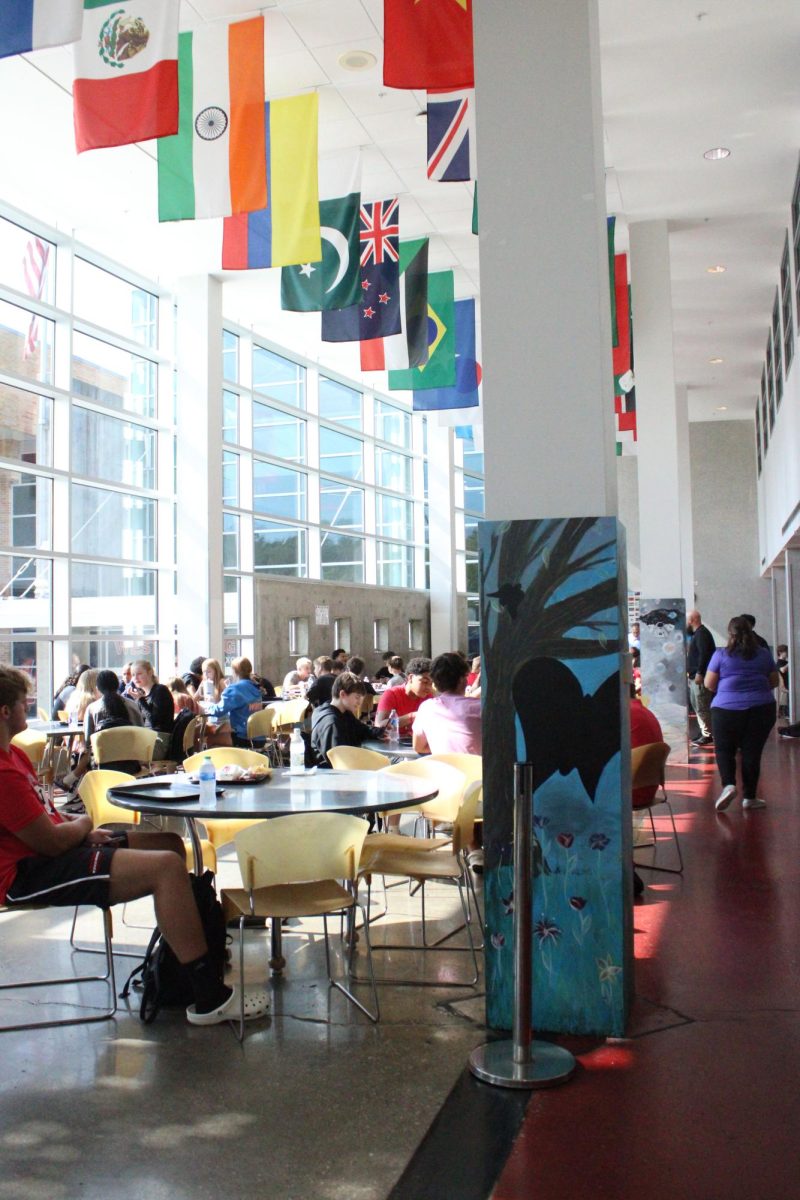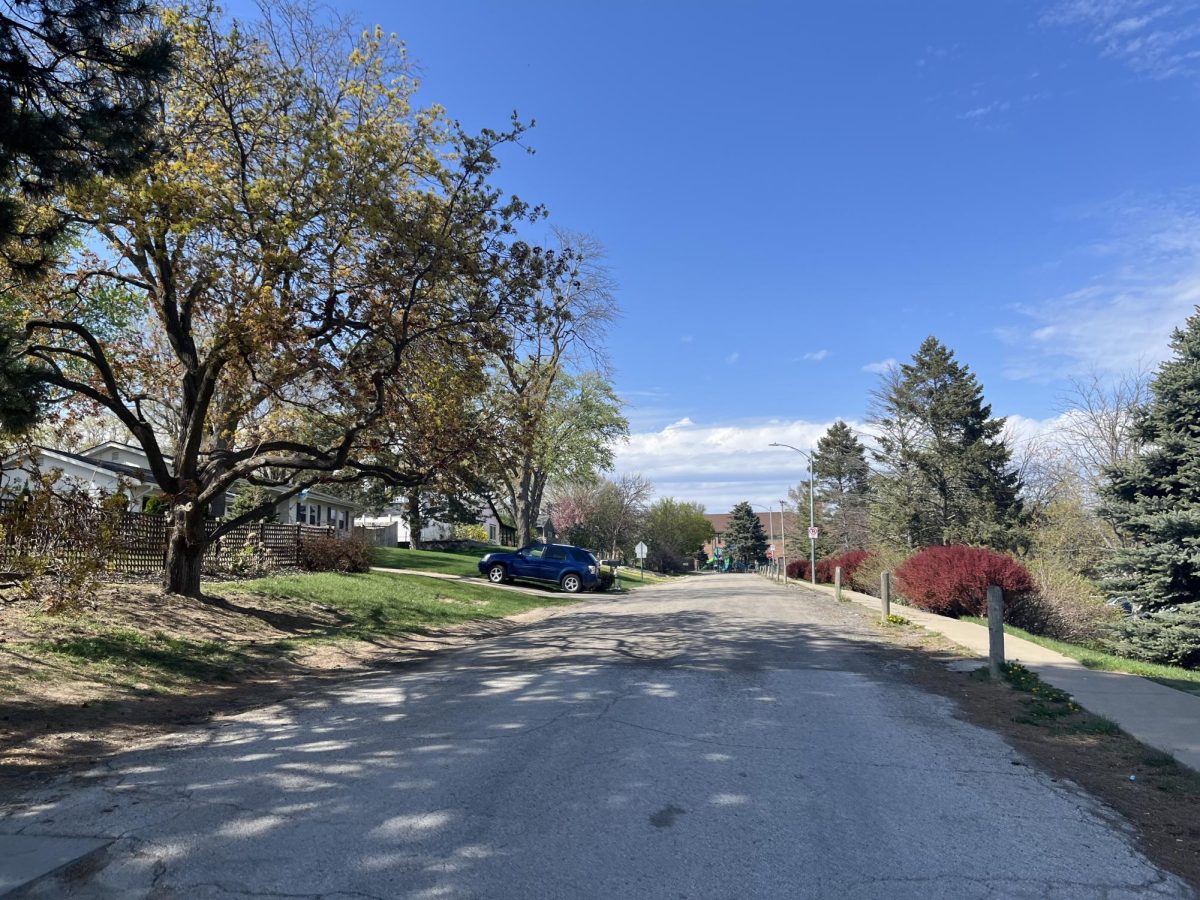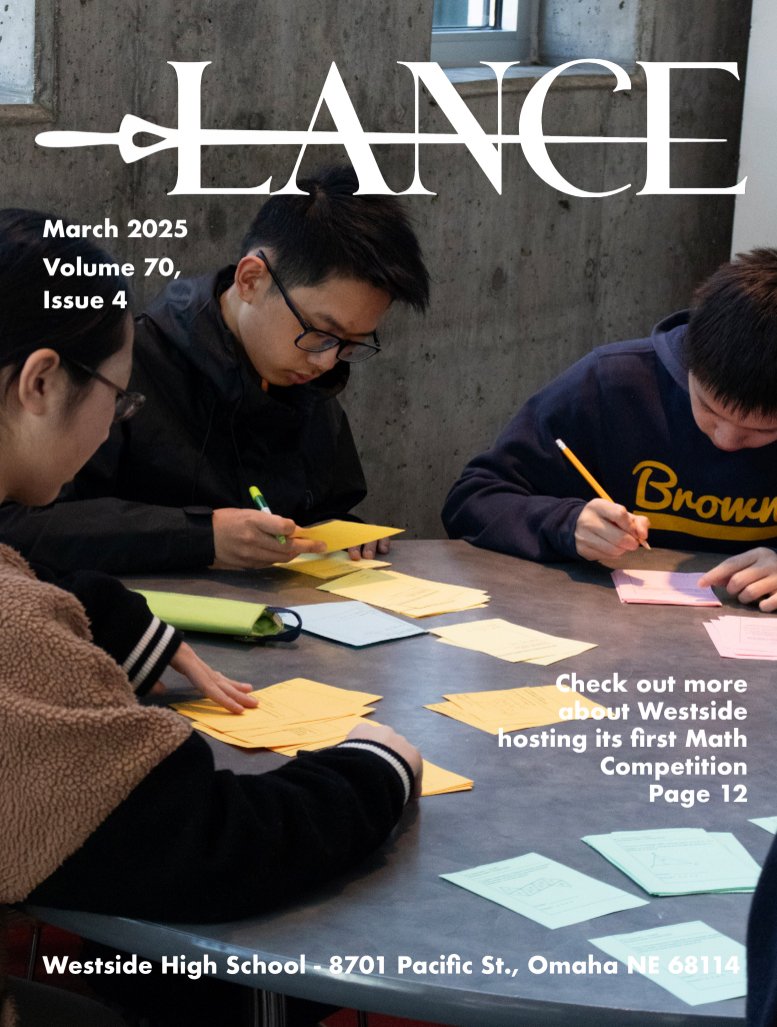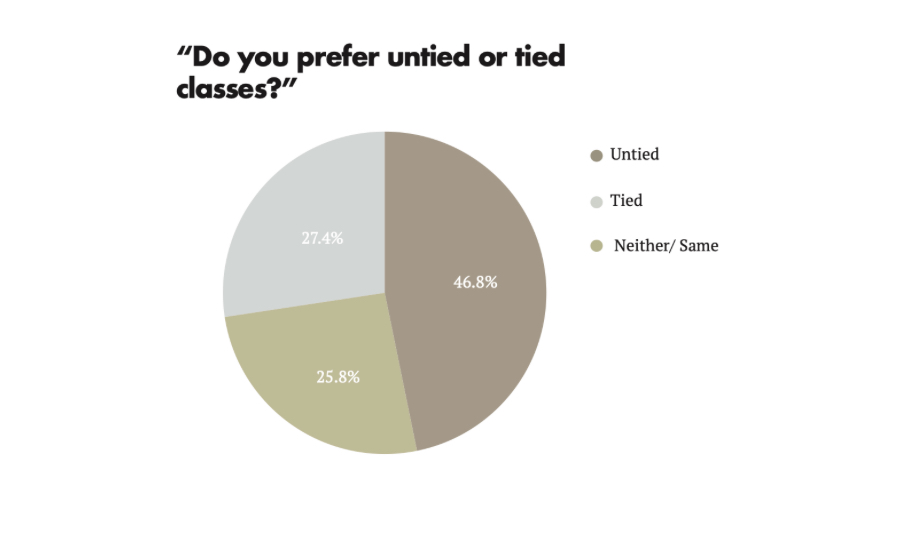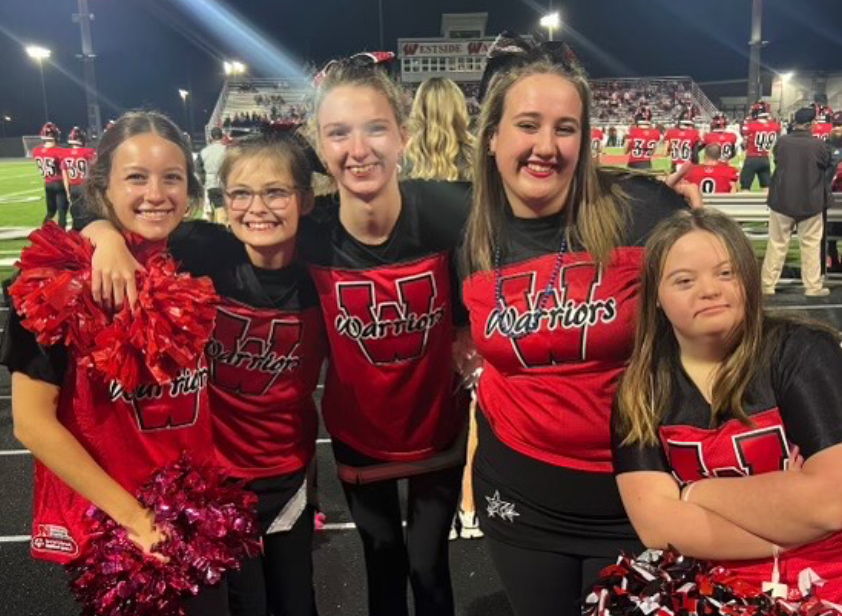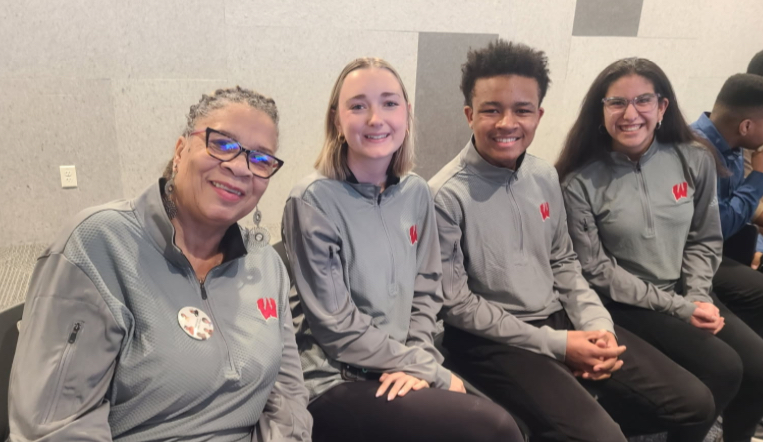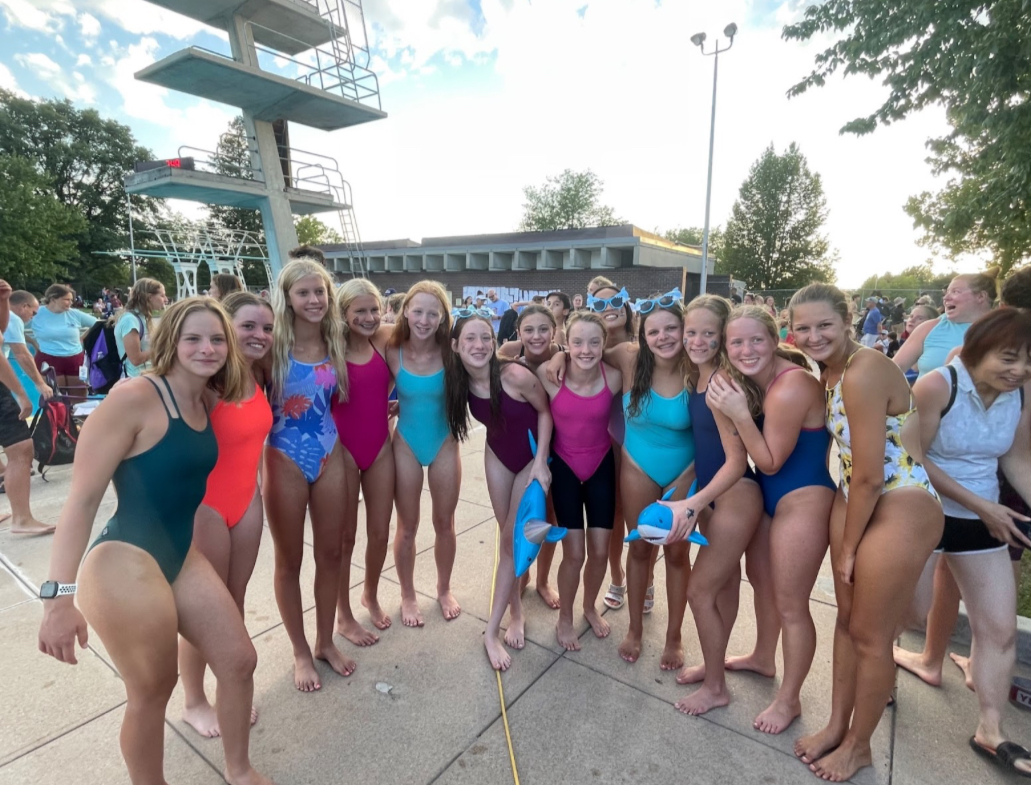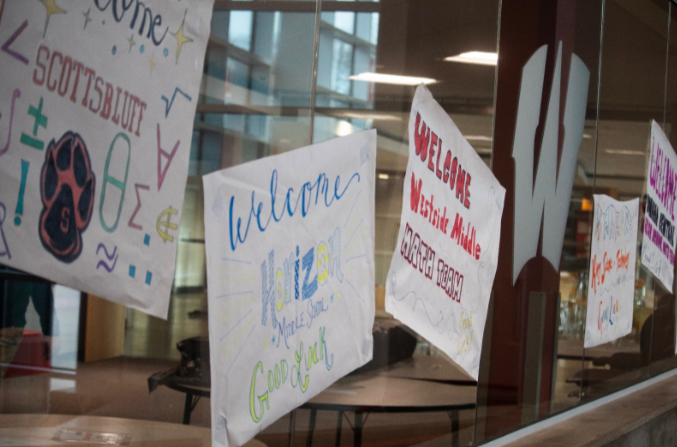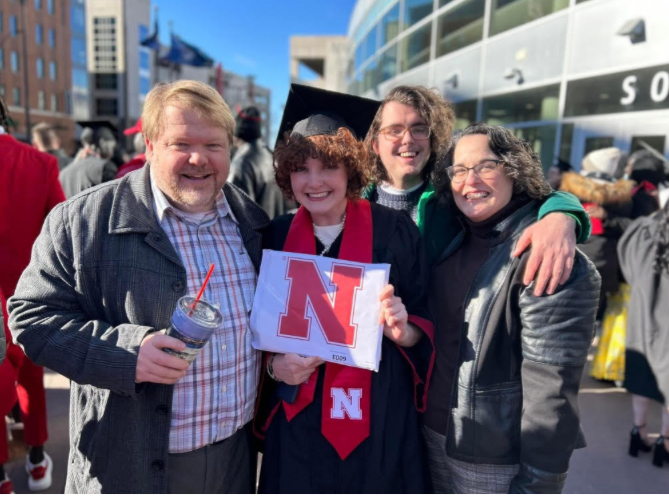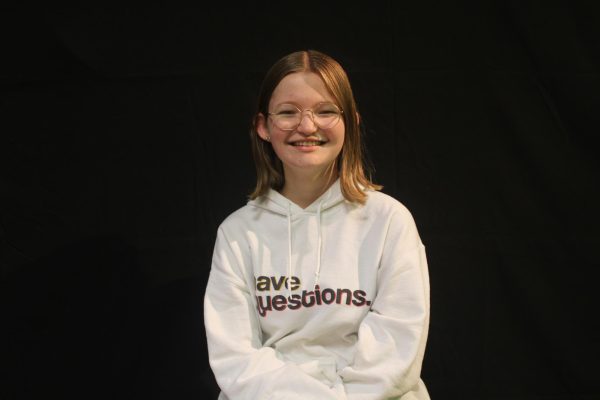Westside has many unique features, whether these are the modular scheduling, the different schedules each week day or classes like welding and marketing offered to those who are interested. However, a lesser-known unique feature of Westside is the part time option for students who are homeschooled.
Homeschooling began in the 1970s and was offered as a way for students to learn and grow in an environment that could be adapted to their own needs. Westside Community School’s Director of Student Services Robert Aranda works with families interested in learning from home.
“Parents will call us and say that they’re interested in doing some homeschooling for their child because that’s what’s best for them,” Aranda said. “Then, there’s a process.”
Senior Bella Winter is currently taking two classes in person, while being homeschooled for the rest of the time.
“I started homeschooling in fourth grade,” Bella said. “Then, I started doing part time in eighth grade. Fourth grade to seventh grade was all homeschooling.”
The decision was made when the Winter’s took a trip to Hawaii for seven months on sabbatical. Bella was not going to be able to be in school during this time, so instead of putting her and her brother in Hawaiian schools and then back into Omaha schools, their mom, Jennifer Winter, decided homeschooling was the best option. That decision stuck.
“When it was time to go back to public school once we got back home, both of the kids said that they wanted to keep homeschooling,” Jennifer said. “I said ‘okay’ and we made it clear that at any time if they wanted to go back to public school, they could.”
In order to be able to teach her kids, Jennifer needed to start the process.
“You have to file paperwork with the Department of Education,” Jennifer said. “In Nebraska, it’s called Rule 13.”
According to the Department of Education, Rule 13 explains that legal guardians may choose to educate their children at home while understanding that they will not reach the State requirements when it comes to schooling. These schools are referred to as “exempt schools.”
“[For paperwork,] I did a three page Google Doc with what I was going to teach in the five core required areas,” Jennifer said. “Science, social studies, math, English, and health.”
Jennifer is expected to create a curriculum for what she’s going to be teaching. She is required to submit a syllabus by July 15 every year.
“With math, I list myself as the monitor but the curriculum as The Art of Problem Solving,” Jennifer said. “For health, we did sex education stuff through online resources and books.”
The Art of Problem Solving is an intensive math program online that Bella is a part of.
“I took two years off of math to do some programming classes and I’m still ahead,” Bella said.
Bella began taking classes in person in eighth grade at the middle school. Showing an interest in both German and science, Jennifer understood that she wasn’t able to teach those subjects.
“I think you can do a maximum of three classes in middle school and a maximum of four at the high school if you’re part time,” Jennifer said. “Bella was interested in science as well so we decided to do two classes instead of just a foreign language class.”
Working out the process with the school starts off a little shaky each year.
“It was difficult to meet with the counselors,” Jennifer Winter said. “Because we were an outlier, it was hard to get an answer for my questions. Once we got into the system though, it was way easier.”
Bella’s younger brother, Aiden, is a full time freshman. He wished for more opportunities to get ready for college, as well as being more social. However, when he was part time in middle school, the process for Jennifer started all over again.
“It wasn’t always easy, but now that we’re here it’s been amazing,” Jennifer said. “If I’ve ever had trouble, they’re super supportive and the teachers are incredible.”
Aranda tries his best to support families that are interested in being part time students.
“When people apply, the question is always, ‘how do we best support the student?’” Aranda said. “It’s going to change. This family might do it because of one reason, this family might do it because of this other reason.”
As of right now, Bella will not be able to walk with her class during graduation.
“Homeschool supersedes so they have to do what the homeschooling people do,” Aranda said. “We, as a public entity, have to provide services (classes) if they choose.”
Both Bella and her mom are disappointed about this, but neither regret their choice of homeschooling and are still thankful for Westside.
“I’m grateful for my kids’ friends who are still in public schools,” Jennifer Winter said. “I think Westside is a nice community in that way so it’s good to be able to fall back on that.”


